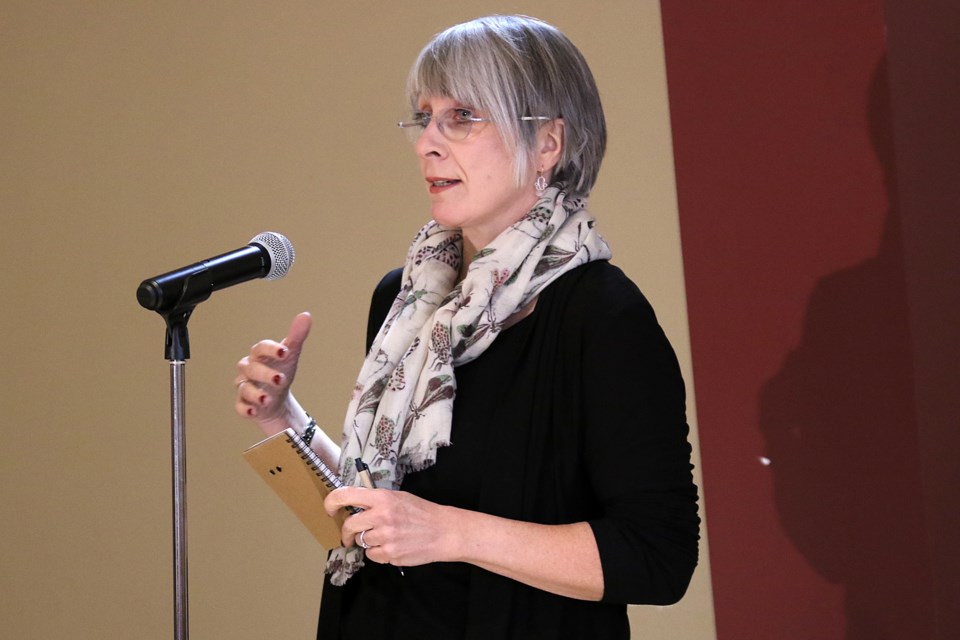THUNDER BAY – Marijuana legalization is a near certainty at this point, but local stakeholders still have plenty of questions and concerns about how the new law will roll out next summer.
On Thursday educators, police and local health and social services officials had the opportunity to address their concerns with Liberal MP Patty Hajdu, who promised to take what she heard back to Ottawa as the federal government works to finalize its long-promised marijuana legislation.
Much of the concern centred around availability.
Jeff Upton, chair of Thunder Bay’s Crime Prevention Council, also works with the public school board and said he doesn’t want to see weed getting into the hands of even more students.
“We have great concern around youth and children and access to cannabis,” Upton said, adding later he was concerned about companies already advertising marijuana sales in the local daily newspaper, despite the fact the drug is still illegal in Canada.
While no system is perfect, Hajdu said legalization should actually toughen availability to school-aged students.
“It is actually harder to young people, for teenagers, to get alcohol than it is marijuana,” she said.
However, the roundtable, held at the Moose Hall, was more about taking down concerns than it was about providing answers.
Still, it's an important step in the legalization process, Hajdu said.
“As you know, we’re moving forward with marijuana legislation and part of it is creating regulations at the federal level that will create the framework for how cannabis is produced and how it’s sold and how it’s marketed,” she said.
“From my perspective, the drug strategy, which has been in existence for a long time, has a wide variety of stakeholders who represent experts in this area and we thought this would be a good way to do the consultation here in Thunder Bay.”
The goal of the legislation, she added, is to create a legal product, while keeping it out of the hands of children and the profits out of the black market.
Hajdu said she wasn’t surprised by any of the feedback, but was impressed with several lines of questioning, subjects that included production regulations and THC limits.
Cynthia Olsen, the city’s drug strategy co-ordinator, said the idea was to start a discussion on a dozen questions posed by the government's paper on marijuana legalization, talks she expects will continue into the new year.
Discussions have to happen, given the wide-reaching implications legalizing marijuana might have in Northwestern Ontario.
“It recognizes that various stakeholders will have different areas for consideration and have different expertise in putting their collecting knowledge together to put a response … It’s an opportunity to weigh in on this and this is something that will be pretty significant for Canada and for Ontario and for people in Thunder Bay,” Olsen said.
She acknowledged legalization will present a number of challenges, given the region’s tendency for higher rates of use for other substances, including alcohol and tobacco.
But the new rules should make it easier to put supports in place for those who can’t overcome substance abuse problems and want help.
